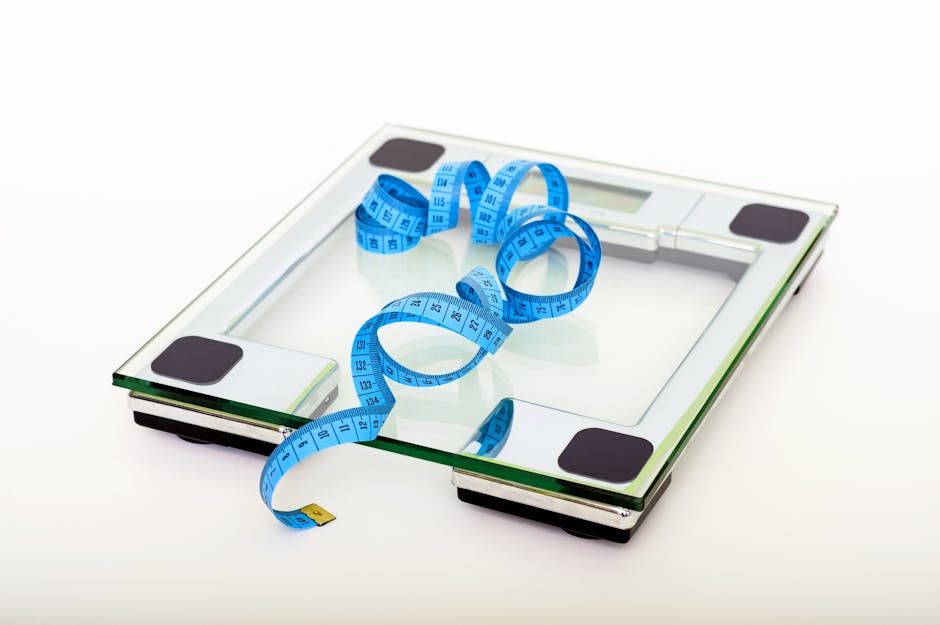Embarking on a weight loss journey can be daunting, but it doesn't have to be an overwhelming endeavor. By understanding the basics of diet and weight loss, you can create a personalized plan that suits your lifestyle and helps you achieve your goals. This comprehensive guide will provide you with the essential knowledge and practical tips to kickstart your weight loss journey.
**Understanding the Role of Calories**
Calories are units of energy that your body uses for fuel. The number of calories you consume each day plays a significant role in weight gain or loss. To lose weight, you need to create a calorie deficit, meaning you consume fewer calories than you burn. This can be achieved by reducing your calorie intake, increasing your physical activity levels, or a combination of both.
**Macronutrients: The Building Blocks of Diet**
Your diet consists of three macronutrients: carbohydrates, protein, and fat. Each macronutrient has its unique role in providing energy and supporting bodily functions.
* **Carbohydrates:** The body's primary source of energy. Complex carbohydrates, found in whole grains, fruits, and vegetables, provide sustained energy, while simple carbohydrates, such as sugary drinks and processed foods, can lead to energy spikes and crashes.
* **Protein:** Essential for building and repairing tissues. Lean protein sources include chicken, fish, beans, and tofu.
* **Fat:** Provides energy and supports hormone production. Healthy fats, such as those found in avocados, nuts, and olive oil, are beneficial for heart health.
**Meal Planning for Weight Loss**
Meal planning is crucial for successful weight loss. By planning your meals in advance, you can avoid impulsive eating and ensure you're consuming a balanced diet.
* **Choose nutrient-rich foods:** Focus on whole, unprocessed foods that are high in vitamins, minerals, and fiber.
* **Control portion sizes:** Use measuring cups and spoons to monitor your food intake and avoid overeating.
* **Hydrate adequately:** Drink plenty of water throughout the day to curb hunger cravings and support metabolism.
**Exercise and Weight Loss**
Exercise is an essential component of any weight loss plan. Physical activity helps burn calories, build muscle mass, and improve overall health.
* **Find activities you enjoy:** Choose exercises that you genuinely enjoy, as this will make them more sustainable.
* **Aim for at least 150 minutes of moderate-intensity exercise:** This could include brisk walking, cycling, or swimming.
* **Incorporate strength training:** Resistance exercises help build lean muscle mass, which boosts metabolism.
**Lifestyle Changes for Lasting Results**
Weight loss is not just about following a temporary diet or exercise routine. It requires a holistic approach that incorporates lifestyle changes.
* **Get enough sleep:** Sleep deprivation can lead to hormonal imbalances that promote weight gain.
* **Manage stress:** Chronic stress can trigger emotional eating and hinder weight loss efforts.
* **Seek support:** Join support groups, consult with a healthcare professional, or find an accountability partner.
**Remember, weight loss is a journey, not a destination. By understanding the principles of diet and exercise, making gradual changes, and maintaining consistency, you can achieve your weight loss goals and live a healthier life.**

